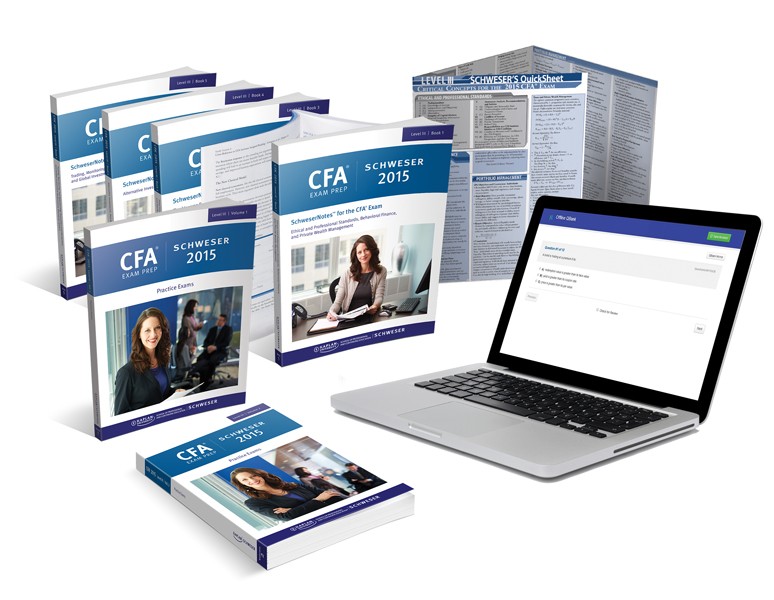SelfStudy CFP Certification Online Course Kaplan Schweser
Post on: 11 Апрель, 2015 No Comment

In order to sit for the CFP exam, you need to complete a required education program of 7 courses (101107). Kaplans Self-Study Online Program allows you the freedom to complete your program on your time and on your terms. Its not for everybody, but its ideal for the independent learner because without a classroom, it requires self-discipline to stay on track with a well-paced study plan.
- Purchase each CFP certification course (101106) for $549; 107 is offered only in an instructor-led virtual format for $749
- Choose when you want to start each course, and take as little or as much time as you need (up to 3 months access per course)
- Online testing: No need to go to an outside testing facility
- Interactive CFP certification self-study materials include:
Please select a CFP certification course below for more information.
Course 107
Course 101 — Fundamentals and Ethical Considerations
Course 101 is an introduction to the concepts and profession of personal financial planning. The student will gain an understanding of the role and responsibilities of a financial planner, along with some analytical skills to aid in financial decision-making.

Topics in the course include the financial planning process, securities regulation and licensing, CFP Board ethics, the economic environment, the time value of money, and planning for special situations such as a college education, the formation and operation of a closely held business, and disability. The course also previews wealth accumulation, tax, retirement, and estate planning techniques.
Course 102 — Insurance and Employee Benefits
Course 102 considers risk management principles and the various types of insurance coverage in the marketplace today, focusing on the role of planning for insurance needs. Insurance topics include life, medical expense, and property/casualty policies, as well as long-term care and disability. It also covers benefits made available to employees by employerscommonly referred to as employee or fringe benefits. Employee benefit topics include group policies, deferred compensation, equity-based compensation, and business applications of life insurance.
To order, call a Designation Specialist at 866.963.8329.
Course 103 — Investment Planning
Course 103 follows sound investment principles as a primary means of wealth accumulation for financial planning clients. In turn, the process of wealth accumulation provides the funds necessary to achieve many financial planning goals. In this course, you will learn investment concepts as well as effective investment planning strategies for helping your clients accumulate wealth. Asset allocation principles are reviewed, modern portfolio management theory is explained, and the importance of tax-efficient investing is considered.
Course 104 — Income Tax Planning
Course 104 reveals effective income tax planning strategies, whether personal or related to an individuals business interests. Topics covered include individual income tax calculations, deductions, the tax characteristics of various business entities, trust and estate taxation, basis of property and cost recovery, property dispositions, passive activity losses, at-risk rules, miscellaneous taxes, interest on deficiencies and refunds, penalties, accounting methods, accounting periods, and tax management techniques.
Course 105 — Retirement Planning
Course 105 deals with the single most important issue millions of people will be facing in the years to come: affording to retire. Normally, the amount of money necessary to achieve this goal is substantial and, just like the satisfaction of any other financial goal, requires significant planning. It covers determination of the retirement savings need and subsequently considers both government and employer-sponsored methods of providing for ones retirement. Distribution options from corporate retirement plans are reviewed as well as the suitability of an investment portfolio in ensuring a comfortable and profitable retirement.
Course 106 — Estate Planning
Once the wealth accumulation process is complete, distributing excess wealth is a primary goal for many financial planning clients. Course 106 presents the challenges of effective estate planning raised by tax code changes. It begins with a consideration of the estate planning process and the documents of transfer. The course then addresses the unified transfer tax system and the calculation of an individuals estate tax liability. Estate planning techniques such as trusts, marital and charitable deduction vehicles, and intra-family business and property transfers are then discussed. The course ends with a consideration of postmortem tax planning.














